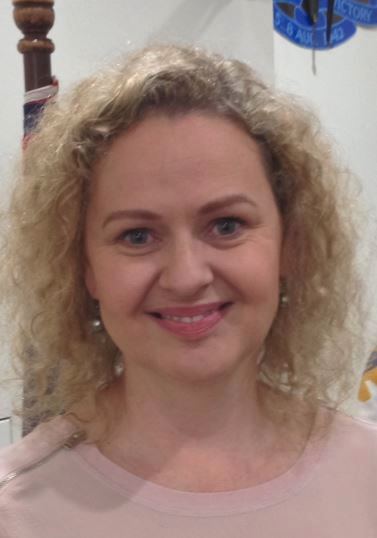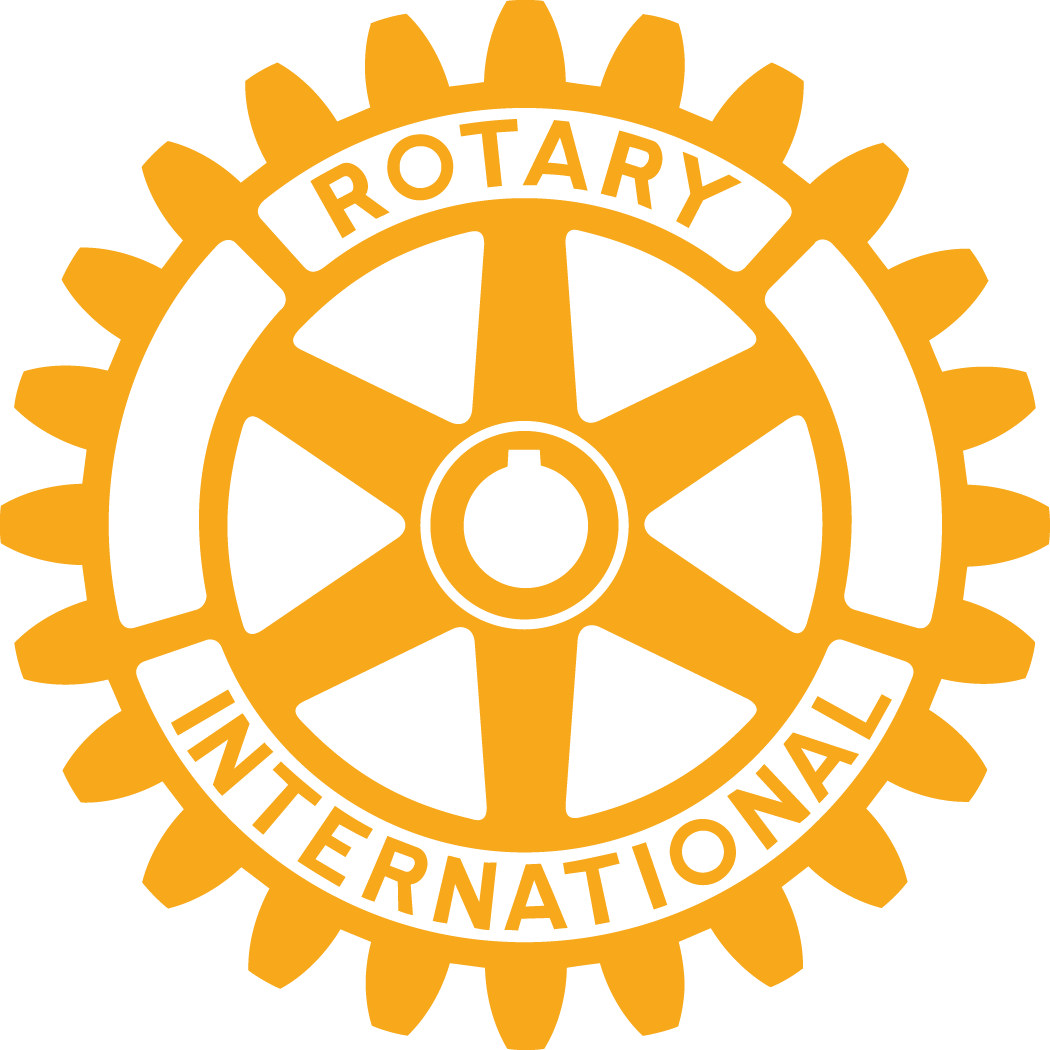Last week's Guest Speaker: Bianca Topp - Donate Life
Posted by Franz Huber on Sep 25, 2016
 When I think about the subject of Organ Donations, the vision before my mind is an emergency operating theatre, a police motorcyclist transporting a donor's heart in an Esky (ok then, a sophisticated Esky) arriving within the required maximum allowed time of 4 hours... move to the final segment of a tired, yet smiling patient getting off his hospital bed... Whilst this is most certainly a very valid scenario: it goes way beyond the Police Motorcycle; in Queensland, the Donate Life organization has priority access to the Government's Air Wing, e.g. the Premier's aircraft! And, according the last figures available from the Qld Government website, as of December 2013, (sorry, looks like the current incumbents don't want you to know what their plane is being used for), 'Organ Transplant' made up over 20% of the jet's usage.
When I think about the subject of Organ Donations, the vision before my mind is an emergency operating theatre, a police motorcyclist transporting a donor's heart in an Esky (ok then, a sophisticated Esky) arriving within the required maximum allowed time of 4 hours... move to the final segment of a tired, yet smiling patient getting off his hospital bed... Whilst this is most certainly a very valid scenario: it goes way beyond the Police Motorcycle; in Queensland, the Donate Life organization has priority access to the Government's Air Wing, e.g. the Premier's aircraft! And, according the last figures available from the Qld Government website, as of December 2013, (sorry, looks like the current incumbents don't want you to know what their plane is being used for), 'Organ Transplant' made up over 20% of the jet's usage.But it's not just the heart, kidneys, liver, lung, pancreas that can be "recycled". A lot of other tissue of your body, from intricate bits such as heart valves, to skin, bone and eye tissue can be re-used... And if you think that they are only interested in body parts from young persons (whatever the definition of "young" is): age is no issue! Bianca recounted a case a kidney donor 84 years of age! But what about if your view is "they can have my heart, liver and kidneys, but I don't want my body to end up in a spare parts catalogue of sorts. No problems, you can indeed stipulate which parts you want to donate upon your demise. And yes, you need to be formally declared brain dead; just being in a coma doesn't allow them to start snipping off any items that are no longer considered to be of much use to you...
However, "Donation is a rare event", Bianca stated. In 2015, nationally there were just a total of 435 donors. But there were a total of 1241 recipients who benefited!
Still, it is a complex issue indeed. You need to discuss it with your loved ones, and you need to do it when you are NOT in an emergency award, declared "brain dead". Very difficult to discuss your views with family members then. Interesting statistic: where a person has registered as a donor, consent rate is 91%. Where the donor has not registered and the family doesn't know, it is not even half, just 42%. There is a stack of stuff on their dedicated website http://www.donatelife.gov.au including a form to register, either online or by downloading a form and mailing it.

